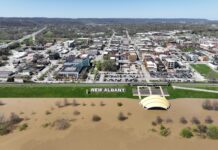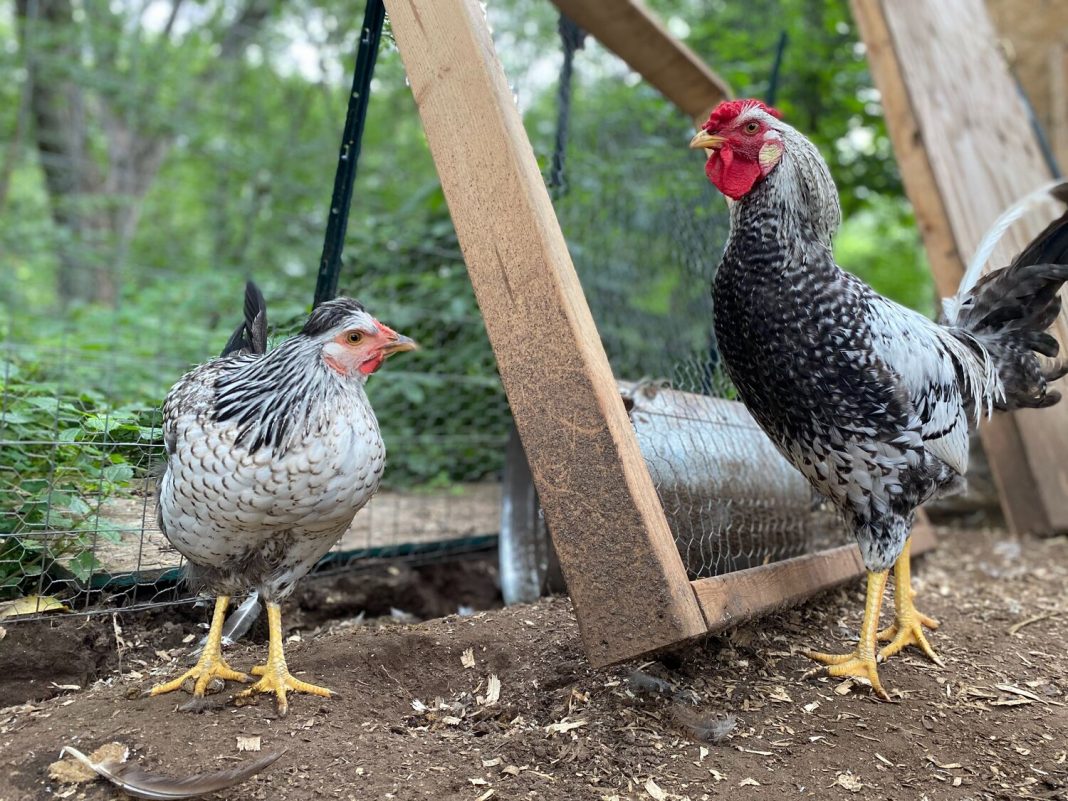As a non-profit and portal for education that advocates “for a radically new way of thinking about the way we build our world,” the Strong Towns movement isn’t solely about food. But food, and getting people fed, is one key component of being a strong town.
Last week was Food Week at Strong Towns:
“We shared a ton of stories about local food—how restaurants and their employees have been impacted by the pandemic, why growing your own food is an essential part of building a strong town, how a small Texas town is turning to native plants to help shore up their economy, and more. Find all our Food Week articles here.”
The week concluded on Friday with a profile of an essential writer for Strong Towns advocates, and he’s a Kentuckian we know quite well: poet, essayist, novelist and farmer Wendell Berry, who turned 86 on August 5.
If anything, Berry’s work came to mind even more often this week, as we ran a series of articles exploring the importance of developing healthier and more resilient food economies. I thought, for example, of his 1991 essay “Conservation and Local Economy.” There, Berry describes how rural communities and rural places have been devastated by an extractive economy often controlled by people and forces in remote cities. The way forward—and I believe this applies not just to our small towns, but for people working to build strength and resilience everywhere—starts at the local level and from the bottom-up.
Strong Towns is the brainchild of Minnesotan Charles Marohn, a professional engineer and land use planner who authored the book Strong Towns: A Bottom-Up Revolution to Rebuild American Prosperity. Marohn introduced Food Week in a column, “It’s Time to Fix Our Fragile Food Systems,” an excerpt from which is reprinted here.
The system of planting, growing, harvesting, processing, and delivering our food is long and complicated. When farmers were killing their chickens and hogs in the early days of the pandemic—not because there weren’t hungry people who would use them but because there was no market mechanism to switch supply chains rapidly enough to preserve the value of the livestock—it set off alarm bells.
We have no slack in this food system, yet almost all of us depend on it to survive.
Local food is the easiest and most immediately profitable way for a community to build its resiliency. Nearly every community in North America could produce the bulk of its own food and have the security that comes with it.
Instead of paying transportation costs for a global supply chain, that money shifts to paying local labor. Instead of shipping your money out of the community, it passes around within, growing your wealth.
And let’s just be clear: local food generally tastes better. It’s fresher, requires fewer preservatives and chemicals, and is full of flavor. Once you’ve had farm fresh eggs, it’s really hard to buy them from the big box grocery store (where, in my experience, the cost is the same).
With local food, a community can grow more resilient, build its own wealth, provide opportunity for local entrepreneurs, and enjoy a higher quality of life in the process. It’s very Strong Towns.
Full disclosure: I’m a dues-paying member of Strong Towns.
Photo credit: Marohn’s article.























